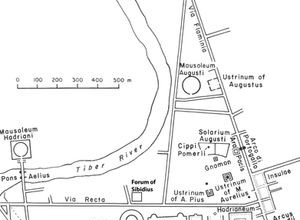Che Guevara was born in Argentina, trained as a doctor and is known for being a revolutionary who actively participated in the Cuban Revolution, which defeated the dictatorship of Fulgencio Batista in 1959. He also participated in revolutionary outbreaks in Congo and Bolivia, but was not successful




